In the last two days, I have already featured five fragrances by BORNTOSTANDOUT (read here and here) and also told you a little bit about the fragrance house itself. As announced, an interview with brand founder Jun Lim was in the works, and now I’ve got the answers to my questions back. Therefore, today I would like to pause a day with the fragrance reviews and present you our Q&A – hot off the press, so to speak. 🎤 All that remains for me to say is …
Welcome to the Duft-Tagebuch: Jun Lim! ☺️
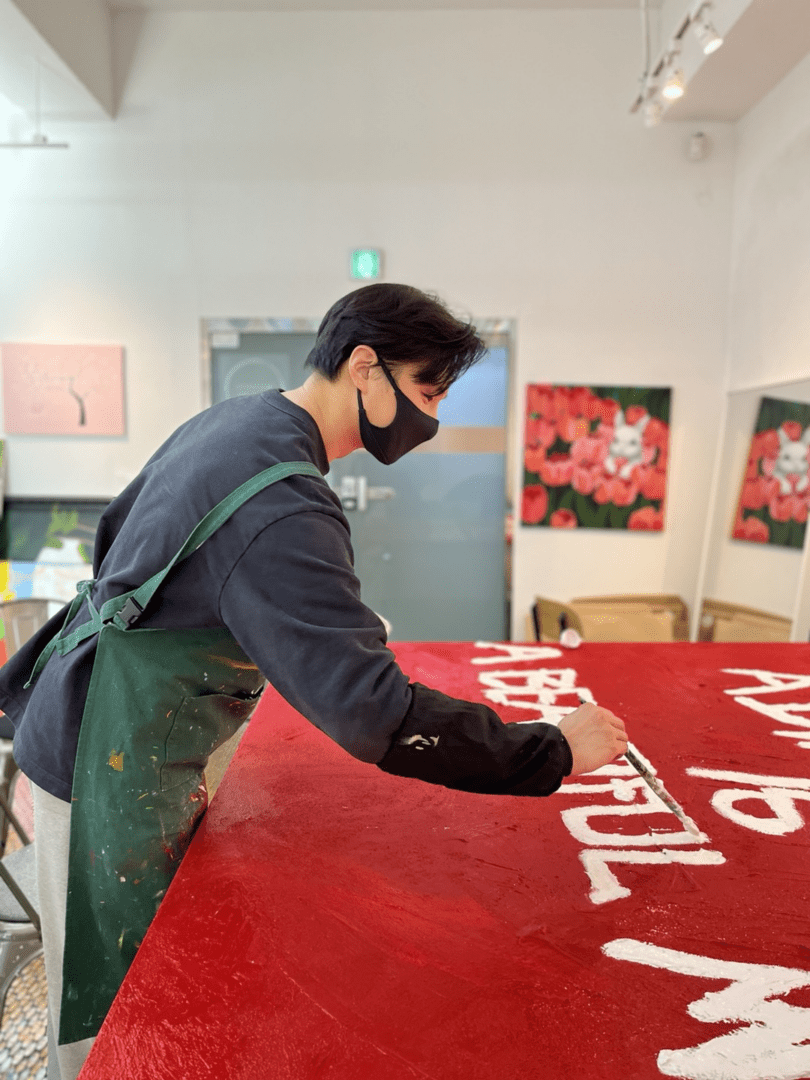
Dear Jun, can you tell us a bit about the BORNTOSTANDOUT brand and how it all started?
A lunatic fragrance brand from Korea – rebelling against the ‘normal’, and liberating your ‘dirtiness’. Our scents are what we call – dirty, sticky, and decadent. It’s a series of dirty skin scents.
I started the company in 2020, launched the brand in 2022. It took years to complete the recipe of the juices. I wanted to make an extraordinary brand which projects who I am, a bohemian who loves beautiful scents. I’m a believer that a daily dose of the right perfume is powerful enough to change people’s state of mind, as it has done for me. Passion, love, and my character intertwined, BORNTOSTANDOUT® was born.
Can you also tell us a little about yourself and your career?
Innately, I was born bohemian, trying to make everything around me beautiful, to live a free-spirited life. Ironically, I was an investment banker, but was considered a social misfit, lunatic, or eccentric – somewhere along this line, from the ‘normal’ people’s eye.
Being extraordinary is better than being perfect.
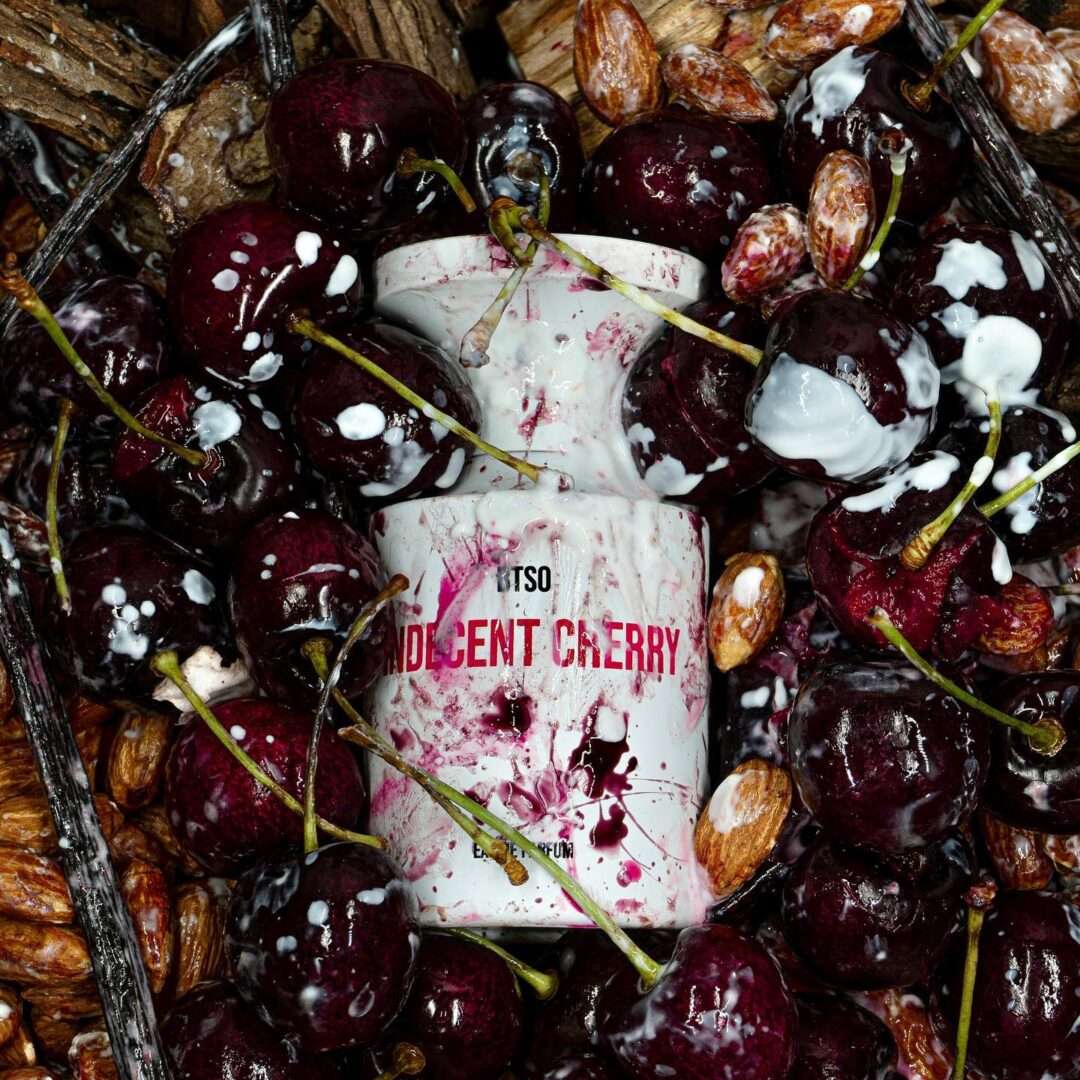
How did you enter the world of perfumery and finally start to create perfumes yourself?
Definitely not a rational decision based on risk-reward. It was a challenge, and a personal goal. There were infinite number of barriers, till we could finally bring ourselves to the world.
Historically, local Korean perfume brands have always been regarded highly inferior to that of the western world. There was virtually no demand, unless it is a cheap dupe of big name houses’ bestsellers.
At the same time, our cosmetics industry, though outstanding in skincare and color cosmetics, holds a very poor infrastructure for perfume manufacturing – R&D and production cost have been extremely high for me, as it was the first time for most of our local partners, too.
What do you want to express with the name of your label?
Rebel against the ‘normal’, and liberate your desires. You are born to stand out. Especially where we are originated, East Asia, we don’t embrace one’s individually. Society forces you to imprison yourself, and constrain yourself.
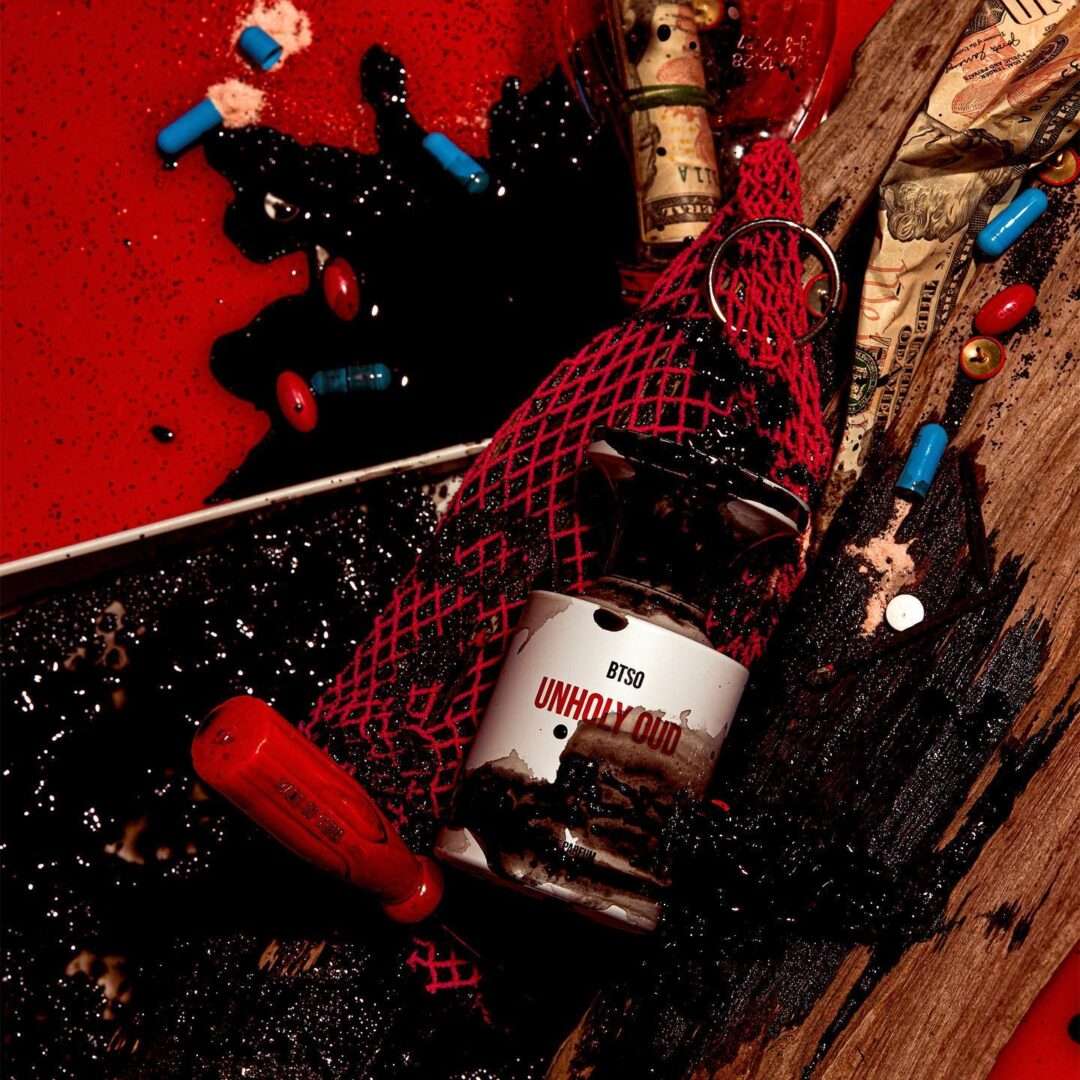
What is special about your brand and your fragrances? What makes both unique?
There are too much to talk about, but most importantly, our visuals and the juice, which are the two pillars of our brand.
Any visual communication from our brand is bold, audacious, and raw. We never use anybody’s face in our visual campaigns, as we believe it dilutes the essence of the brand. We don’t care about ‘influencers’ and their posts. We don’t care what everybody else does. We are original.
Our fragrance, our juice is extraordinary. It is intuitive. It is dirty, sticky, and decadent. Exception to a few, we place our fragrance in between soft-oriental and gourmand, as if it is your own skin scent, which are amplified in the most intimate moments. In making them, we take no reference, and extensively use ingredients and combinations which are not often used in Western perfumeries.
How would you describe the perfume market in Korea? Do Koreans like niche fragrances?
Demand for niche fragrance has been growing explosively in the past 5 years – but the big name department store brands (like Diptyque, BYREDO, Jo Malone, Santa Maria Novella) account for substantial share, because local consumers like brands that are already well-established and validated in the European market.
Based on the best-selling products, the majority of the local consumers like fragrances with weak sillage – that are soapy, soft floral, and fruity. But demand for woody and oriental fragrance has just gained popularity in the last few years, though still a niche.
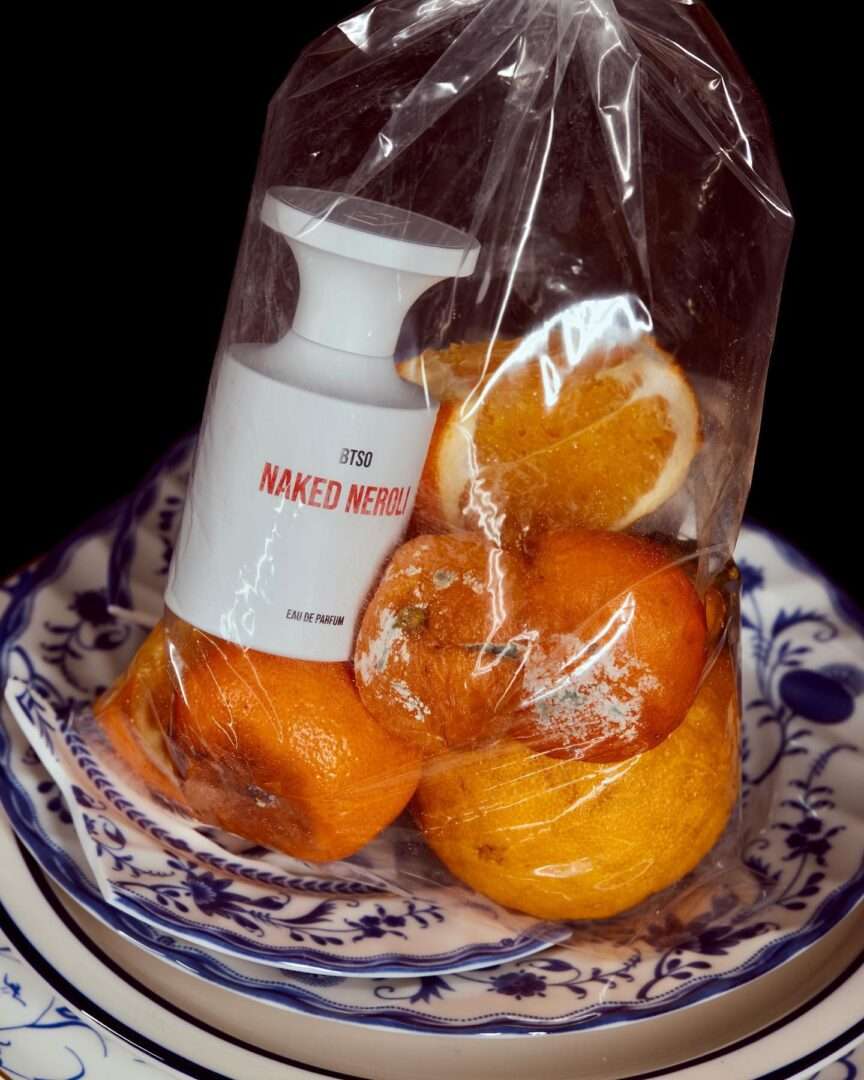
You founded the first Korean niche fragrance label. What is the response of Koreans to your fragrance house and your fragrances?
In awe, certainly. Our concept, philosophy, visuals, and the scope of investment towards products, and our flagship store shocked the local cosmetics industry. Most called us mad, which was expected.
Historically, Local perfume brands either 1) sell well-designed dupes of trending fragrances, for an attractive price range, or 2) produce and market pretentious “Made in France” (but never sold in France) label, and sell for cheap price. And for all cosmetics brands, extensive and aggressive use of influencers and celebrities in marketing is common, which was irrelevant to us.
Regardless, our latest monthly turnover has grown 20 times versus a year ago. In such a short period of time, we have established a strong base of fans, who are deeply into what we are about. If there were 100 people in the room, our strategy is to make one cult fan, rather than the 99 mediocrities.
Your perfumes seem quite rebellious, where do you get your inspirations from?
Inspiration comes from everywhere – my personal life, the lifestyle, the places, and the memories. But I get the powerful inspirations in love, and in its absence.
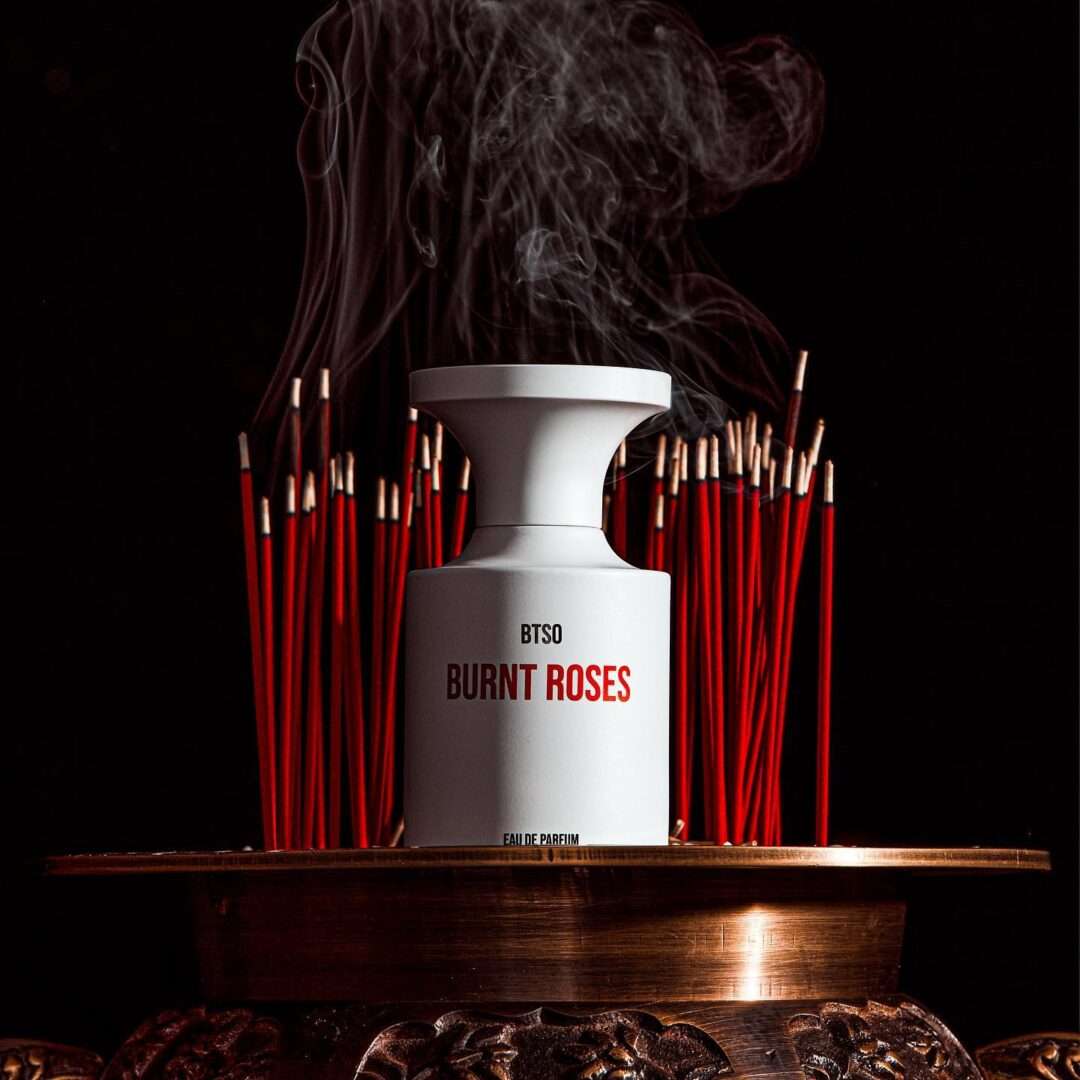
When you create new fragrances, do you already have a specific scent or theme in mind that should be the focus?
Yes, most of the time. I have the theme, the notes, and the kick already in my mind, as I write the brief and start discussing with perfumers.
To what extent are you involved in the creation of the fragrances?
Exception of technical parts, I am involved in all aspects, from scratch to completion.
BTSO is already available in North America and Europe. Are there differences between fragrance preferences on the international market, i.e. different bestsellers depending on the country or continent? Or is it too early to say anything about that?
Drunk Saffron has been (by far) our #1 seller in US, followed by Indecent Cherry and Mud – fragrances that are leaned more towards gourmand. We just started our European distribution, so it may be premature to say anything on this region.
Do you have a favourite fragrance within the collection? What was the biggest challenge during development?
Dirty Rice is my favourite, yet the most challenging fragrance out of all, in developing it. Combining ingredients with inherently weak sillage, and adding the ‘kick’.
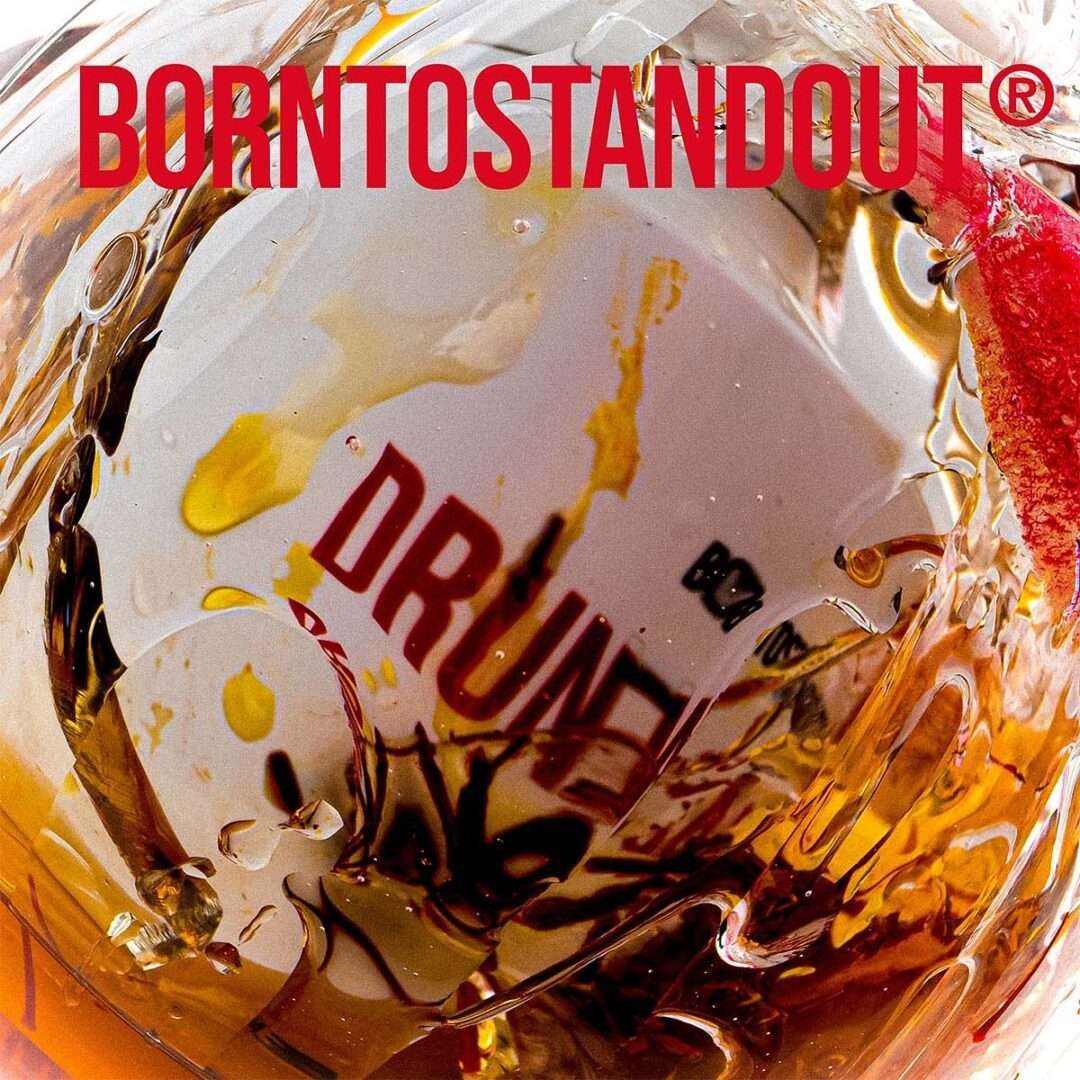
When you think of your childhood, is there a particular scent that comes to mind?
Grade 9. Blue Jeans by Versace, bought at a discount perfume shop in downtown Toronto. Still own one, a classic for me. The refreshing burst of bergamot made me feel like I have the world on a string! It is still the scent of my life.
What can we expect from BTSO in the future?
At least 2-3 new releases in the EDP range, we are on a continuous lookout for the next niche fragrance. Meanwhile, a higher-dose extrait line-up is also under development, with new flacon and packaging.
Pleasing to eye, pleasing to nose, always. These are the words I live by, as I run the brand – “Never Perfect. Always Genuine.”
Dear Jun, thank you so much for taking the time to answer my questions.

Be First to Comment